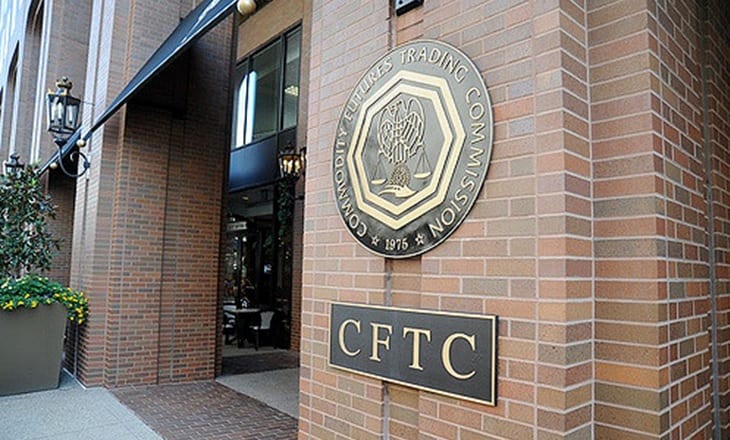The U.S. Commodity Futures Trading Commission (CFTC) today issued an Order filing and settling charges against David Liew for engaging in numerous acts of spoofing, attempted manipulation, and, at times, manipulation of the gold and silver futures markets.
Liew engaged in this unlawful conduct for more than two years while he was employed as a junior trader on the precious metals desk for a large financial institution, which the CFTC has called “Financial Institution 1” and which has been identified as Deutsche Bank AG (FRA:DBK).
The CFTC Order finds that Liew acted individually and in coordination with traders at Financial Institution 1 and with a trader at another large financial institution.
In the Order, Liew admits the facts of his manipulation and spoofing activity and acknowledges that his conduct violated the Commodity Exchange Act (CEA) and Commission Regulations.
The Order permanently bans Liew from trading commodity interests and requires him to comply with undertakings never to engage in other commodity-interest related activities, including seeking registration, acting in a capacity requiring registration, or acting as a principal, agent, officer or employee of any person registered, required to be registered or exempt from registration.
In accepting Liew’s offer of settlement, the CFTC recognizes Liew’s cooperation during the Division of Enforcement’s (Division) investigation of this matter, including his entry into a formal Cooperation Agreement with the Division, his provision of substantial assistance to the investigation, and his undertaking to continue to cooperate with the Commission, the Division and any other governmental agency in connection with the subject matter of this Order.
CFTC’s Director of Enforcement Comments
James McDonald, the CFTC’s Director of Enforcement, commented: “Today’s enforcement action demonstrates that the Commission will aggressively pursue individuals who manipulate and spoof in our markets. Today’s action also shows that while holding individuals accountable for their conduct, the Commission will give meaningful cooperation credit to those who acknowledge their own wrongdoing, enter into a Cooperation Agreement and provide substantial assistance to the Division in its investigations and enforcement actions against others who have engaged in illegal conduct.”
The Order specifically finds that from at least December 2009 through February 2012, Liew, on numerous occasions, acting individually and in coordination with other traders on the precious metals trading desk of Financial Institution 1, placed orders to buy or sell gold or silver futures contracts that he did not intend to execute at the time the orders were placed (spoof orders). Generally, Liew’s spoof orders were placed in the futures market after another bid or offer was placed on the opposite side of the same market. Liew placed his spoof orders with the intent to create the false appearance that the market interest in buying or selling was greater than the actual market interest. Liew placed such spoof orders with the intent to induce other market participants to fill Liew’s resting orders on the opposite side of the market from his spoof orders. In engaging in the spoofing conduct, Liew also intended to manipulate, and at times succeeded in manipulating the price of the relevant futures contract.
Separately, on certain occasions, Liew placed orders and executed trades with the intent of manipulating the market price of gold and silver futures contracts for the purpose of triggering customers’ stop-loss orders. Liew coordinated this trading with another precious metals trader at another large financial institution. The intent of triggering the customer stop-loss orders was to allow the traders to buy precious metals futures contracts at artificially low prices or sell precious metals futures contracts at artificially high prices.
Criminal Action
In addition, on June 1, 2017, Liew pleaded guilty to one count of conspiracy to commit wire fraud and spoofing. (U.S. v. Liew, Case No. 17-CR-1 (N.D. Ill.).
